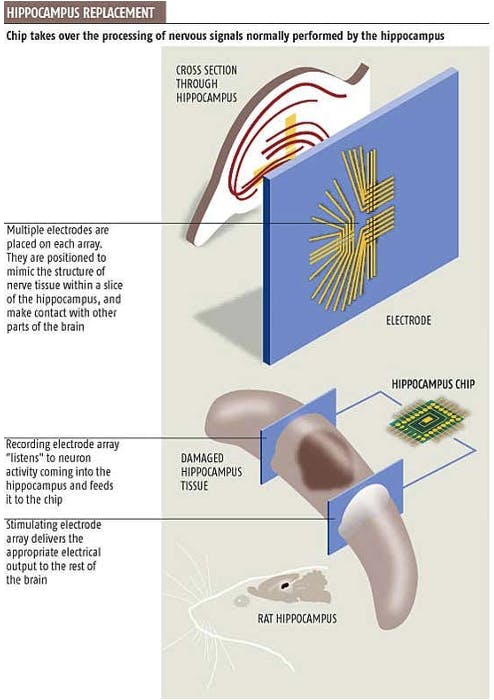TL;DR Majors: Cognitive Science (Part 2)
By Erin Kang
March 17, 2021 · 2 minute read
Chemistry
Medicine
Biology
Engineering
Cognitive Science
Computer Science
Cognitive Science? What’s that?
Cognitive Science (CogSci for short) is an extremely interdisciplinary field studying the mind and the way people think. This field explores human intelligence and how information is perceived and processed through various facets such as biology, computer science, psychology, neuroscience, philosophy.
You may think that the study of the mind is just psychology, but cognitive science is much more than the study of the mind or thoughts. Psychology analyzes how and why an individual behaves the way they do. CogSci investigates how and why all of us are capable of thinking in the first place. This field of Cognitive Science was created to answer questions like:
- How is information represented in our brains?
- How do we compute information we perceive to produce behavior?
- What are the mechanisms that are involved?
Why Cognitive Science?
Cognitive Science is everywhere and is especially relevant in this day and age with advancements in technology. For example, we know now that the hippocampus in the brain plays a crucial role in memory. Within the cognitive science field, researchers have developed artificial hippocampi to help cure diseases like Alzheimer’s. Pretty insane, I know. One of the significant aspects of cognitive science is how interdisciplinary the field is. After getting a degree in Cognitive Science, you will be able to create brain models for neuroscience using computer science, describe the complex biological structures of the brain, and participate in philosophical discussions regarding the mind.

Employability of Cognitive Science?
And finally, the question you’ve all had in the back of your mind. Is Cognitive Science an employable major? There is a certain flexibility with a CogSci major, mainly because it is such an interdisciplinary field. Many CogSci graduates head off to graduate school or continue to medical school in hopes of practicing medicine. The most frequent job placements for CogSci majors involve cognitive engineering, which includes artificial intelligence, human-computer interface design, neural network applications, etc. As the Cognitive Science major exposes you to a broader range of studies and allows you to develop a more substantive knowledge base, it will open many doors and opportunities for you to pursue.
Schools Offering a Cognitive Science Major
Some notable universities that offer cognitive science as a major to their undergraduate class include the following:
· MIT
· Yale University
· Pomona College
· University of Pennsylvania
For more on CogSci, check out this incredible Ted Talk by Dr. John Vervaeke from the University of Toronto. He has been teaching cognitive science since 1994 and delves into the realm of cognitive science in this video:
TL;DR
Cognitive Science is perfect for those who crave a more interdisciplinary approach coupled with a love for problem-solving and critical thinking. Majoring in cognitive science prepares you to apply your studies to an endless possibility of fields from healthcare and business to law and psychology.
For more information about Cognitive Science and for an interview with a current UC Berkeley CogSci major, check out part 1 of the TL;DR Majors: Cognitive Science series here!
Did you enjoy this article?
About The Author
Erin Kang is a senior at James S. Rickards High School and is a part of the Sciteens team. Her hobbies include baking, listening to music, and playing the violin. If you have any questions or future article recommendations, feel free to contact her at erin@sciteens.org. Sources: https://cogsci.yale.edu/what-do-students-study-cognitive-science-major https://www.ucdavis.edu/majors/cognitive-science#:~:text=Cognitive%20Sciences,-College%20of%20Letters&text=It%20is%20the%20interdisciplinary%20study,how%20the%20mind%20determines%20behavior. https://cognitivescience.case.edu/undergraduate/careers/ https://cogsci.berkeley.edu/what-can-i-do-cognitive-science-degree